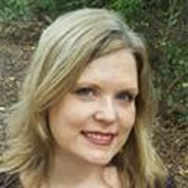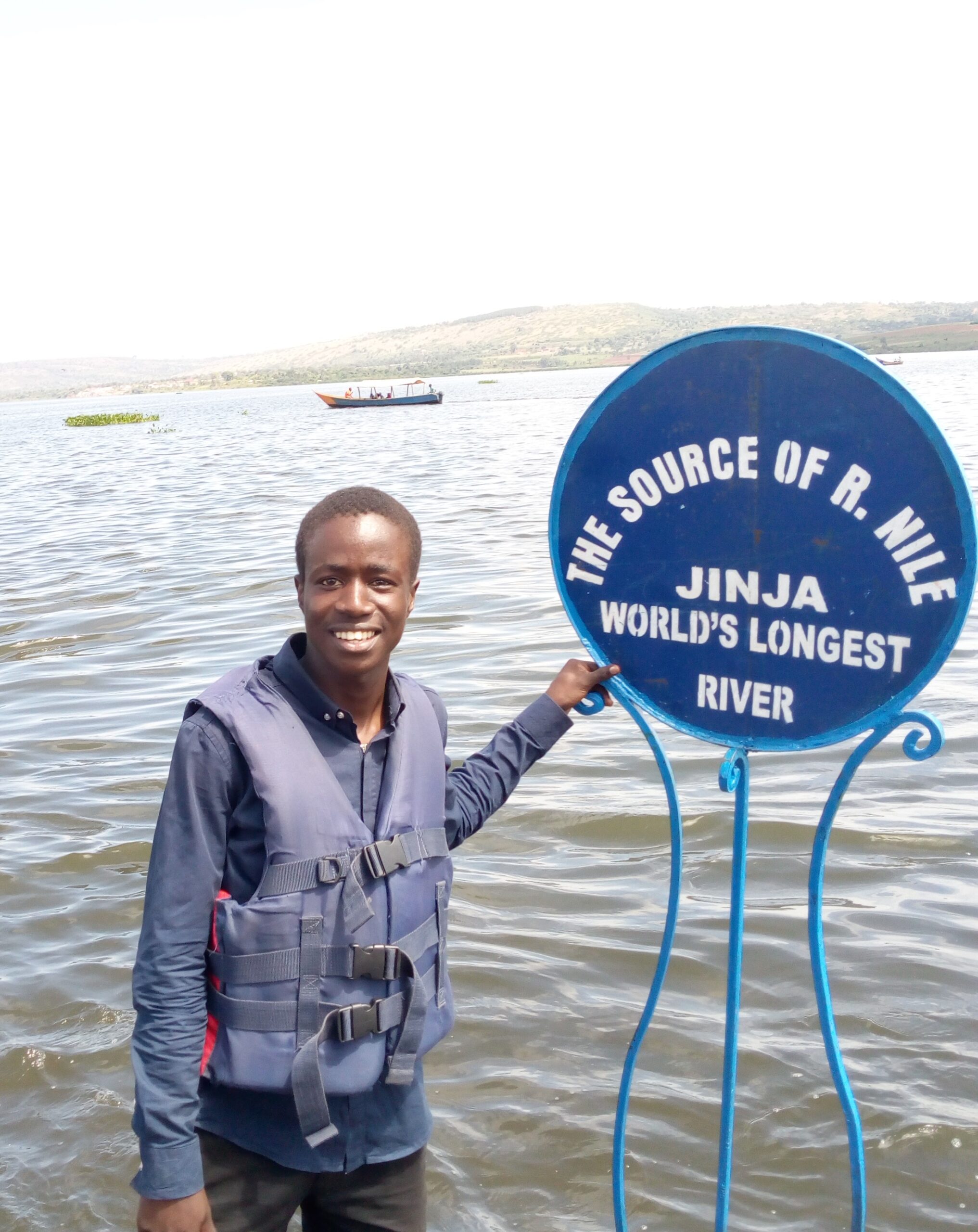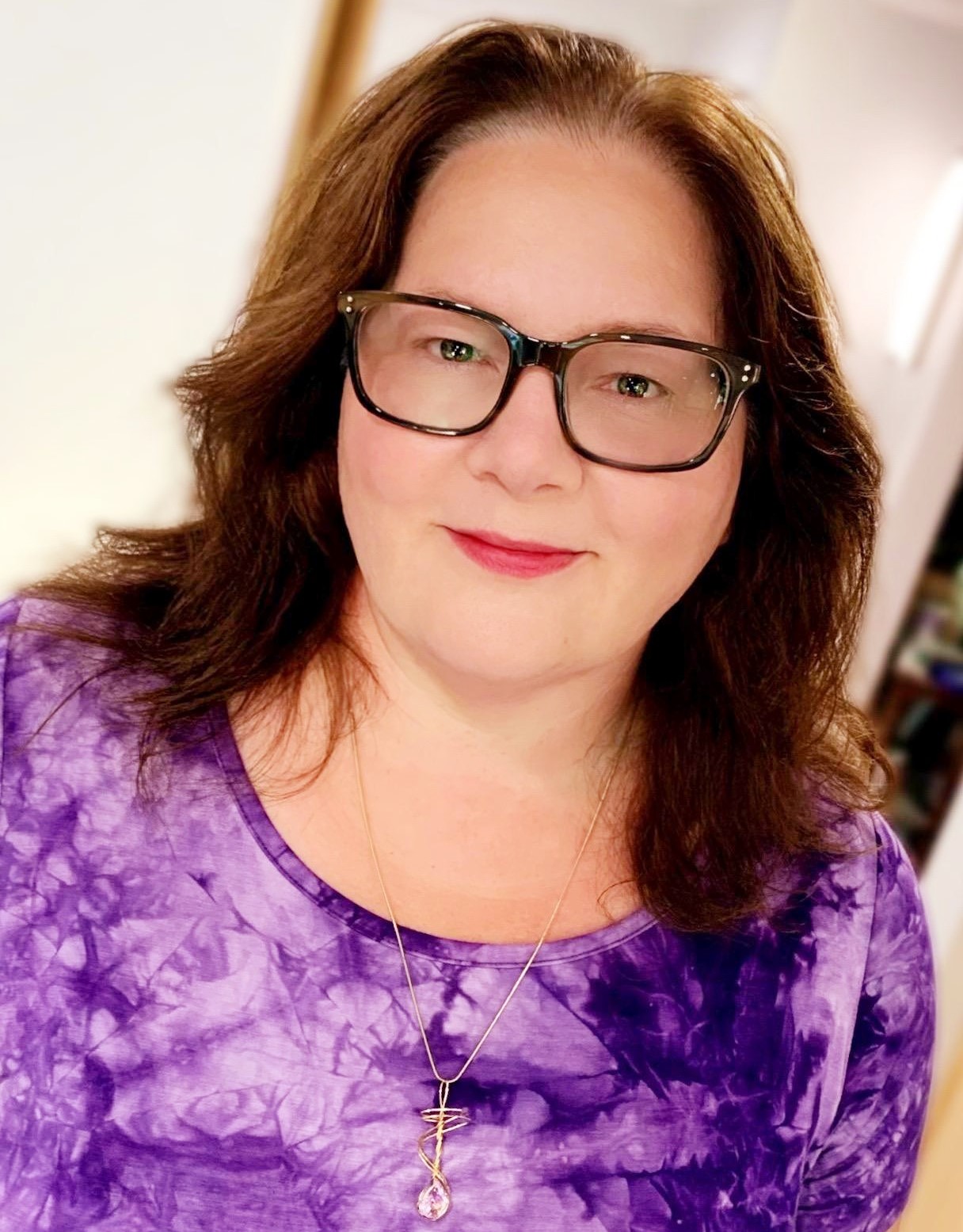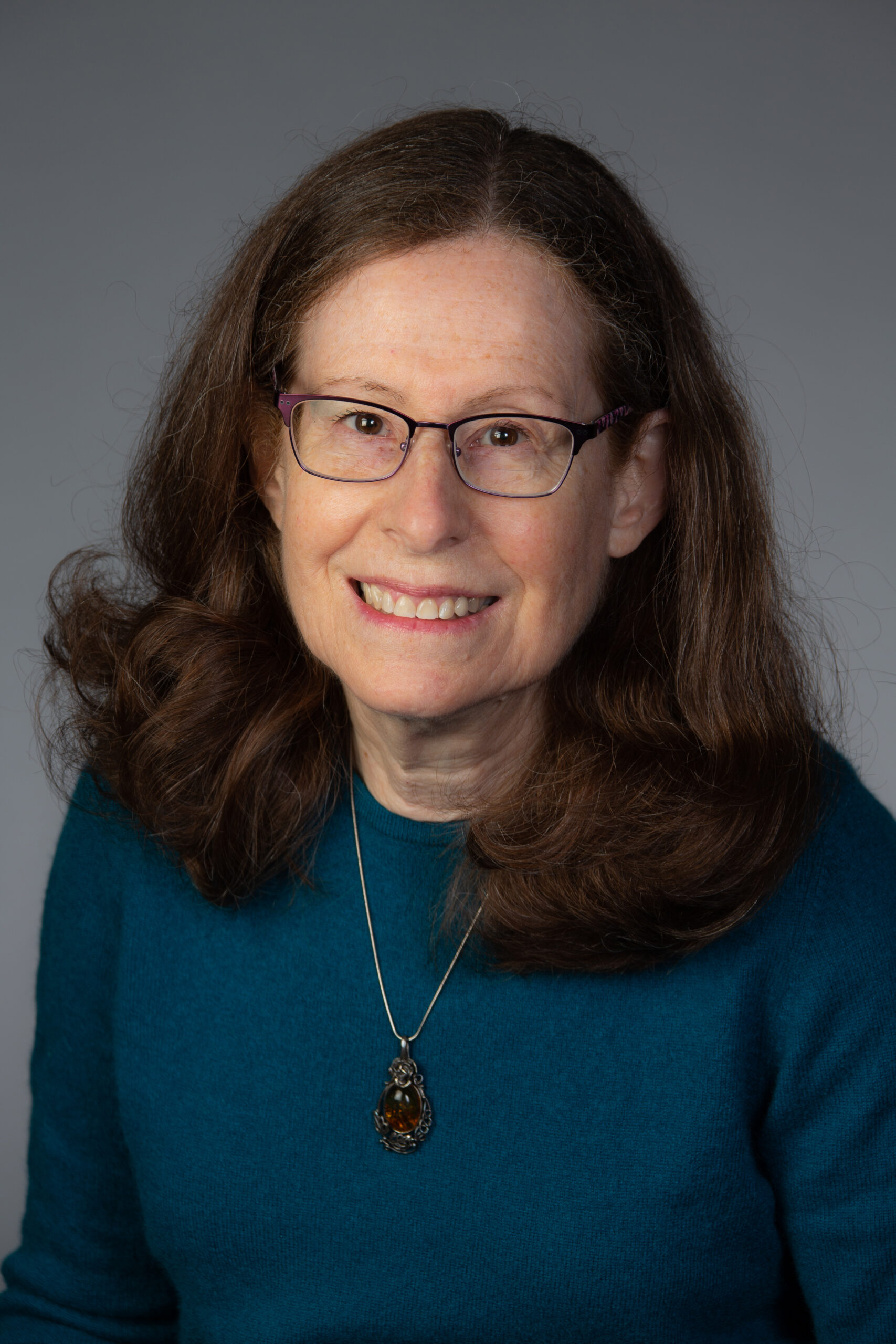It’s clear that there is no one path to a career or role in scientific editing and publishing. Origin Stories was created to capture the circuitous routes of these careers and the interesting stories of the twists and turns along the way. The editors encourage readers to email your origin story to scienceeditor@councilscienceeditors.org.

A combination of detours and a big coincidence led to my career as a medical editor. I have always been drawn to both language and science. As a kid, I wanted to be a writer or an astronomer. I had a fantastic English teacher who taught sentence diagramming long after it had fallen out of fashion, and I won the science fair 2 years in a row. However, as a teenager, I took a dramatic detour and ended up majoring in theater in college. I won a scholarship for writing an essay about the synthesis of creativity and science to solve problems, but I graduated with no idea how to turn my interests into a career.
My mom convinced me to apply for a writing position at American Greetings (AG), the greeting card company. I thought it was a long shot, but I wrote a cover letter in rhymed, metered verse and was hired. During my first week I was invited to a plush toy‒naming brainstorm and thought “I’m getting paid to name teddy bears!” I worked for AG for more than a decade, first on staff and later as a contractor when I moved out of state. Although I wrote many greeting cards, I most enjoyed writing and editing Day-at-a-Time (i.e., “page a day”) calendars, especially those involving research and a more journalistic writing style. Unfortunately, AG canceled the calendar program and cut the freelance budget. I was suddenly out of a job.
Ex‒greeting card writers are not exactly in demand, and employers are reluctant to hire them to write anything else. So for several years, I cobbled together a living from whatever work I could find including writing, editing, theater work (because we all need something to fall back on), assisting a special effects artist on commercial shoots, herding children as one of Santa’s elves, designing tiny sweaters for a teddy bear company (again with the teddy bears), and calling the temporary agency when necessary. One of those temp jobs was at a medical association, where, by complete coincidence, my cubicle was next to that of a busy medical editor who introduced me to AMA style. I remember thinking “Yes! This is what I want to do.” A reference from her helped me to get my first medical editing position.
Medical editing is the blend of science and creativity I described in that essay all those years ago. It allows me to indulge my curiosity about science and love of words while helping scientists to communicate their important work clearly. Plus, it is nice to not have to find yet another fresh, original way of saying happy birthday that works for every possible recipient and includes the word “special.”
Jean Winkler, Manuscript Editor, Radiological Society of North America

My name is Tinka George William; I am a 27-year-old medical doctor and scientific editor from Uganda. I became passionate about writing at university. In 2016, I had my first taste of success in writing when I won the Merck Foundation’s concept paper-writing competition during my first year at university. This win not only earned me a postgraduate diploma scholarship in diabetology, but it also marked the start of my writing journey. Since then, I have won several awards for various themes, including world hunger, youth unemployment in Africa, menstrual hygiene, and social medicine.
In 2018, I took on the role of Director of the Publications and New Technologies division at the Federation of Uganda Medical Students’ Association, where I was responsible for creating publicity content, managing social media pages, and promoting campaigns. My skills as a writer and editor continued to grow, but it wasn’t until the COVID-19 pandemic that I found my true calling as a scientific editor.
During the pandemic, when our university was closed and the country was under lockdown, I had a lot of free time. I spent my days browsing the internet and writing, and it was then that I discovered the field of scientific editing. The idea of merging my love for writing with my passion for science captivated me, and I decided to take an exam for an overseas company. To my delight, I was accepted as an editor, and it turned out to be one of the best decisions I have ever made.
Since then, I have edited over 4 million words and have had the opportunity to collaborate with scientists, authors, and researchers from all over the world without having to leave my home country. I am grateful for each opportunity that has come my way and am eager to continue learning and growing in this field. Scientific editing has given me the chance to be a part of the process of bringing new scientific knowledge to the world, and I am grateful for the opportunity to share my story with others.
Although I still practice medicine (I graduated from medical school after the first wave of the pandemic and completed my medical internship from February 2021 to January 2022), scientific editing has become a fulfilling and enriching career for me. I am grateful for the chance to continue learning and growing.
Tinka George William, MB ChB (Mak)
While working from home as a copy editor for a small publisher of educational materials and caring for my infant, I saw a printed newspaper advertisement seeking a person with a background in English, computer science, and health care. I could not believe it: someone was looking for me! Not only did I have bachelor’s degrees in English and computer science and experience working for a publisher, but I also had been trained as a first responder and worked as an administrative assistant for a medical group and as a respiratory therapy assistant. I applied for the job and was hired as an editorial assistant for a medical journal. After a couple years, as I saw the benefits to the members of the professional societies sponsoring that journal, I looked for societies in my own profession and found the Council of Science Editors and the American Medical Writers Association (AMWA). I earned AMWA certificates in Editing and Writing and in Science Fundamentals, and I passed the certification examination of the Board of Editors in the Life Sciences. My infant has grown into a high school junior, and I have grown into the managing editor for the same journal from that ad.
Ann Tennier, ELS, Managing Editor, Academic Psychiatry

When I started graduate school, editing seemed like one item on a long task list for succeeding in academia. Professors at Villanova University taught me to search for errors in published manuscripts, and I was hooked! I always enjoyed word games, and this was a puzzle to solve by finding design flaws, inconsistencies, and unclear language. During my doctoral program at Wayne State University (WSU), a mentor asked me to help peer review manuscripts, and the editors soon began sending manuscripts to me directly.
There was considerable stigma back then about becoming anything other than a tenured faculty member, so I kept trying to fit into that mold. It might have been simpler if I had gone straight into editing, but I didn’t think of it as an option. I don’t regret any of the experiences I had because they helped me understand editing and writing from a unique perspective.
As a psychology instructor, I taught hundreds of students how to write literature reviews. Many hadn’t learned this before and were proud of how much their writing improved between drafts. It is important to me to provide constructive feedback, rather than only focusing on errors. My clients appreciate that when I call out a great sentence or paragraph in their work.
When I became a research faculty member in pediatrics, my department chair suggested joining the institutional review board (IRB). It was a lot of extra work, but I stayed up until after midnight reviewing protocols. I realized that I preferred reviewing the research of others to doing my own, and got a full-time job with the WSU IRB, reviewing thousands of research protocols and other documents over 11 years.
In 2006, I joined the American Medical Writers Association (AMWA), attended conferences, and headed the MI education committee. I bought a huge dictionary, editing books, and style manuals, and started The Editing & Writing Alchemist, LLC. I enjoyed editing so much that I took all sorts of jobs, including editing resumes, scholarship applications, science fiction books, and children’s books, along with scientific and medical manuscripts and grants. I always made sure I had some understanding of a topic before accepting a job, and the wide range of protocols I reviewed for the IRB helped with that.
During the pandemic, I reevaluated priorities. I wanted a more flexible schedule, freedom to be outdoors during the day, and time with my granddaughter. I attended the online AMWA conference in 2021 and learned how to optimally support myself through freelance editing. I joined the Council of Science Editors and contacted the Michigan Small Business Development Center for advice on successfully running a business in my state. They provided excellent feedback on my business plan and projections. I took the leap last January, and I’m excited about having just passed my first anniversary as a freelance editor. I find it fulfilling to assist clinicians and scientists in getting their important work published.
Dawn Bielawski, PhD, The Editing & Writing Alchemist, LLC, www.linkedin.com/in/dawn-bielawski-phd-0a900ba6

My interests in science and editing date back at least to high school, and they coalesced in college and especially medical school. In high school, I took as much science as possible and participated in summer research programs. I also was an editor of the school newspaper, a copy editor of the yearbook, and our high school’s columnist for a local weekly.
My interests in both realms continued in college, where I pursued essentially a combined major in biology and medical history. Looking toward graduation, I sought a career with large components of both science and communication. The two main options seemed to be science journalism (broadly defined) and medicine. Back then, in the 1970s, little opportunity existed for graduate study in communicating science. And finding jobs in the field was iffy. Medicine, however, was a well-established path. I applied to medical school and was accepted.
In medical school, I liked the communication aspect most. I enjoyed interviewing patients, explaining items to them, giving presentations, and more. I wasn’t particularly enamored of doing medical procedures and wasn’t particularly good at them. One day, a fellow student informed me that a medical journal based at our school had openings for student assistant editors. I applied and was accepted. I loved working on the medical journal. Based in part on my experience there, I decided to seek a career in communicating science and medicine.
I made the decision shortly before my last year of medical school. I then spent my remaining elective time obtaining a master’s degree in public health, as I felt that background in areas such as epidemiology and biostatistics would aid me as a medical writer and editor. (OK, I’ll admit it, I also wanted to do classwork rather than clinical rotations.) The prospect of finding work after graduation was somewhat daunting. (The internet era had not yet arrived, and alternative careers were not yet much discussed.) While my classmates were applying for residencies, I was sending out letters and resumes. I figured that if nothing panned out, I could apply for residencies the next year.
About 45 years have passed, and opportunities have not been lacking. The summer after medical school, I did an American Association for the Advancement of Science mass media fellowship, helping with the medicine section of Newsweek. I then worked at the National Institutes of Health in a role consisting mainly of writing and editing. Since the early 1980s, I have been in academia—largely teaching science reporting, science editing, and related subjects; directing a graduate program in communicating science; and continuing to write and edit. Concurrent activities have included coordinating the U.S. aspect of a program to train author’s editors at medical schools in China, helping to develop AuthorAID (a program mainly to help researchers in developing countries write about and publish their work), and serving from 2000 to 2010 as Editor-in-Chief of Science Editor.
Perhaps I have now contributed to the origin stories of some science editors in successive generations.
Barbara Gastel, MD, MPH, Professor, Integrative Biosciences and Medical Humanities, Texas A&M University; Director, Texas A&M Graduate Program in Science and Technology Journalism
